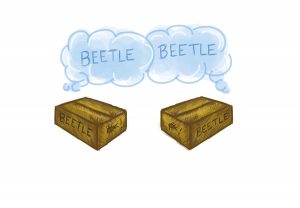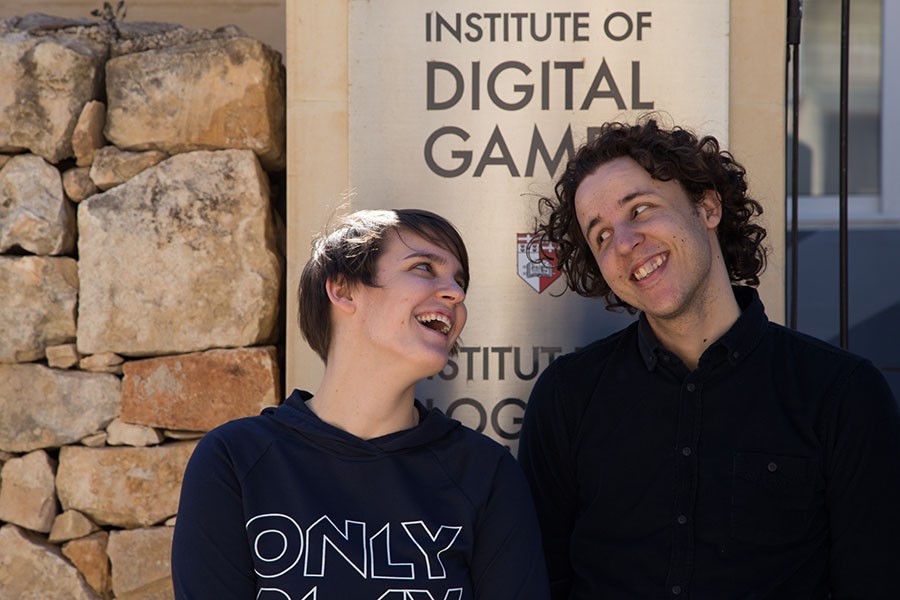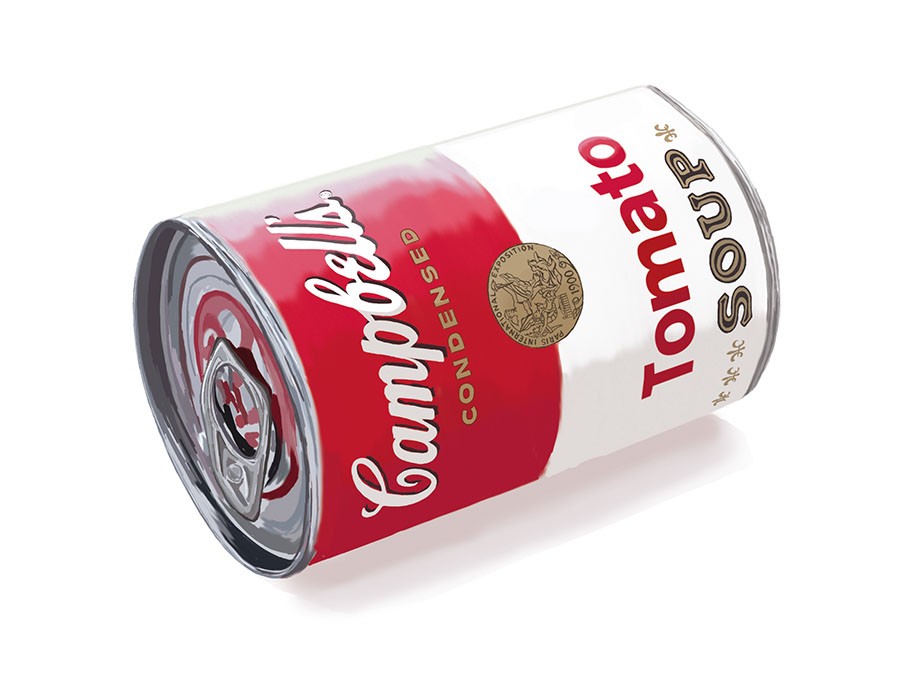In the early days, storytelling played a big part in philosophy. In the Allegory of the Cave, Plato exhibited the difference between the perception of reality and its true form with the use of fire and shadows. Experiments followed. Wittgenstein’s thought experiment—about a beetle in a box which no one can see but you—is meant to demonstrate that our use of language and its functionality is not affected by the fact that, ultimately, we do not know what is in one another’s box. Now, however, there is a new game in town.
Lecturer and game designer Dr Stefano Gualeni believes digital games can be used as instruments to craft and communicate philosophical ideas and frameworks. The medium allows players to actively negotiate the hypotheses presented to them in a virtual space. It also allows the game designer to experiment with fantastical situations and alternate rules of physics like teleportation. In addition, with the progressive diffusion of digital media—social media in particular—more philosophical questions are bound to arise with regard to our interaction with new technology, such as its use in constant commercial exploitation. Where a thought experiment relies on imagination, a digital game can impose the rules of a thought experiment more vividly.
The Game
Digital game Something Something Soup Something (funded by Maltco Lotteries and designed by Dr Gualeni) is a philosophical artefact, an interactive thought experiment questioning the unreliability and relativity of language and humans’ methods of communication. The reality is that, despite our best efforts for precision in communication, humans are still faced with ultimately indefinite, shifting concepts. Basically, the idea is that nobody really quite knows what ‘soup’ is and that trying to define it precisely might be an impossible task.
In the game, humanity has invented teleportation and immediately put it to work by outsourcing menial labour to aliens willing to work for lower wages. Your job, as the player, is to serve soup to the patrons of your restaurant. Seems simple, right? Wrong. As the manager, you must ensure that the aliens working for you have actually understood what they are supposed to produce. What you have decided to serve your patrons will determine your definition of ‘soup’, and you will soon realise that the concept of ‘soup’ is shifting, influenced by culture and personal experiences.
What you have chosen to serve as ‘soup’ is different from what other players have chosen to serve. So why does your choice differ from the others’ if we all know what soup is? Your understanding of soup diverges from theirs, despite using the same language and the same word. An important core of the game is that it is based on research into what people from varying backgrounds perceive as soup. Soup has many facets: sometimes ‘soup’ is hot, sometimes cold, sometimes sweet, sometimes savory. To illustrate with a somewhat extreme example, coffee shares many characteristics with ‘soup’ as it is hot, liquid, and occasionally served in a cup, but it is not really ‘soup’, is it?
Wittgenstein’s Beetle
In his 1953 book Philosophical Investigations, Wittgenstein uses a thought experiment to clarify the concept of subjective experience, such as the concept of pain. It proposes that you imagine everyone has something called a ‘beetle’ in a box. People can only see inside their own box and can never see what is in anyone else’s. Despite this limitation people can still have meaningful discussions about ‘beetles’ despite never actually knowing what is in others’ boxes.

Beyond the Gameplay
On top of being a philosophical game about definitions, or lack thereof, Something Something Soup Something also highlights the relationship people have with technology. In a way, it adds a different dimension of philosophical questioning by having the player interact with the results of the continuous dispersal of technology and the philosophical questions that technology raises—in this case, the ethics and morality of humanity having invented a miraculous teleporter and immediately setting it to use in exploiting aliens as cheap labour. By playing the game, the player is effectively co-authoring the game’s philosophical concepts.
By playing the game, the player is effectively co-authoring the game’s philosophical concepts.
The video game draws the player into the argument to question their understanding of soup but then leads them to something more. Even the most avid soup fan may question whether it is worth creating an entire game to dispute our understanding of soup, but the underlying truth is much deeper than that. Most people believe that we live in a world where everyone understands what words mean. But that assumption seems to be very flawed from the outset. So if we actually misunderstand each other on such simple concepts as ‘soup’, imagine how badly we misunderstand each other on more complex matters like democracy, freedom, or justice. The implications are very real and very telling.
Virtual Worlds as Philosophical Tools is a published academic book on the use of digital games as instruments for philosophical examination written by Dr Gualeni. It tackles questions such as: who are we in simulated worlds? Will experiencing worlds that are not ‘actual’ change our ways of structuring thought? Can virtual worlds open up new possibilities to philosophise?
Play the game at http://soup.gua-le-ni.com
| Meet the Students |
|
The game was designed by Dr Gualeni with the involvement of the Institute of Digital Games, which was featured among the Princeton Review’s top 25 graduate schools for game design, and two of its students. Johnathan Harrington is a Masters student whose thesis deals with applying prototype theory on digital games. Prototype theory is a method of graded categorisation in cognitive science where some of the categories are more important than others. For example, how people use the word soup instead of more specific recipes like minestrone or chicken soup. Johnathan was responsible for the research behind the concept of soup which was critical to its validity as a philosophical artefact, hence the game. As Johnathan put it, ‘If we are arguing that the concept of soup is fuzzy, we have to be very careful that we’re not subjecting the user to our idea of soup, but rather to a more culturally bound idea of soup’. It is often tempting to stray from the data to make more interesting game design, so he ensured the fidelity of the game design to the data by running focus groups asking people what soup is and using this data in the game. Isabelle Kniestedt is the game artist and programmer. Using the game’s narrative elements, she wanted to give the impression of a disused and repurposed kitchen. The teleporter had, after all, made the kitchen obsolete, as the actual preparation had been outsourced to aliens. The game interface is relatively simple and her main challenge was making sure it ran smoothly on the web. This meant compromising on detail. Isabelle explained, ‘By working with lighting and using textures with a ‘painterly’ feel to them we can make the room look convincing in a sort of ‘stylised’ realism, without having to show a lot of detail’. In terms of programming, Isabelle made a sketch of the underlying system and the various components such as: the creation of noise on a line, the ability for the player to move a cursor up and down, and finally the recombination of various parts to create one model representing a soup that is delivered into the teleporter.  |





Comments are closed for this article!